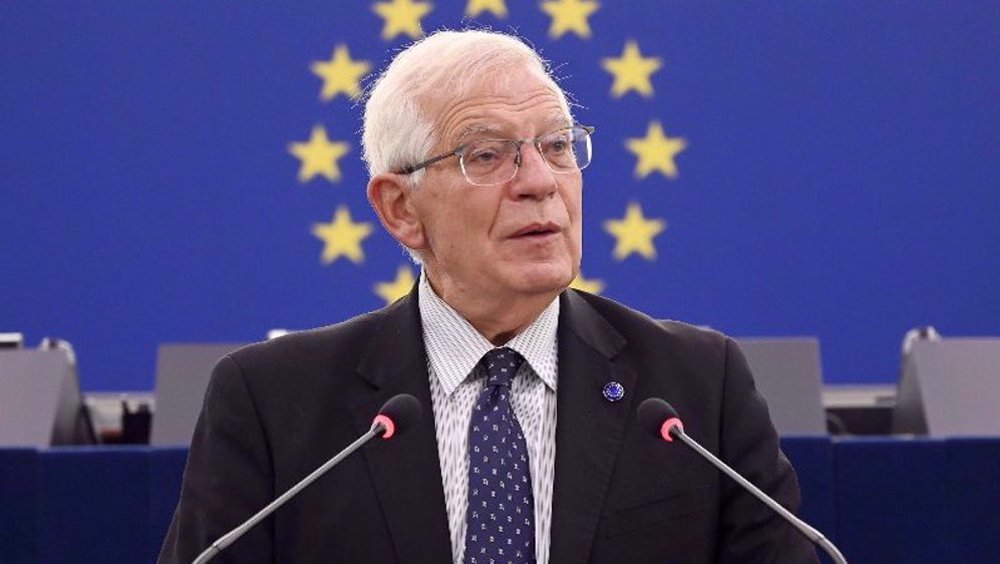EU says will not strike final TTIP with US before Obama leaves
The European Union trade ministers have failed to agree on striking a controversial deal with the United States before the end of the administration of US President Barack Obama.
"It is not realistic to reach the final agreement by the end of the Obama administration," Slovak Trade Minister Peter Ziga, whose country holds the EU's six-month rotating presidency, said on Friday.
EU Trade Commissioner Cecilia Malmstroem, who leads the negotiations with Washington, said the talks would be suspended until a new US administration was fully in place.
"When we can restart, (that) is a bit too early to speculate until we know what the administration would look like," Malmstroem said after EU ministers met in Bratislava, the capital of Slovakia, to patch up differences after mass anti-trade deal protests across Europe.

Austrian Economy Minister Reinhold Mitterlehner said, "From our point of view, the (TTIP) talks are effectively suspended because meaningful negotiations are no longer taking place."
"It would be wise to put on mute something that is perceived so negatively," he added.
French Trade Minister Matthias Fekl, one of the outspoken critics of the planned Transatlantic Trade and Investment Partnership (TTIP) with the United States, also said, "I am convinced that we must restart on totally new grounds." He said more and more member states were supporting his view.
The other controversial deal between Brussels and Canada is expected to be signed with Canadian Prime Minister Justin Trudeau at an EU-Canada summit on October 27. Most terms of the Comprehensive Economic and Trade Agreement (CETA) with Canada will be implemented provisionally until national and regional parliaments across the EU ratify the agreement.
Critics say the TTIP and CETA could further complicate the situation in the job market. They say the deals would also have huge environmental implications as they give firms and companies more of a leeway to expand their activities at the expense of public safety.
Greenpeace said in May that it had obtained 248 pages of classified documents from closed-door negotiations that indicated compromising with the US would undermine EU standards on the environment and public health.
The European Commission, however, denied the Greenpeace claims, saying the group was “flatly wrong” in its interpretation of the documents.
Washington also denounced the report, saying, they were “misleading.”
VIDEO | Press TV's news headlines
VIDEO | US-Israeli genocide: Will Gazans see ceasefire deal achieved?
VIDEO | Grief strikes Parachinar: 44 lives lost in terror attack
VIDEO | Yemen’s armed forces target Israeli airbase amid nationwide pro-Palestinian rallies
Putin vows more test of new hypersonic missile
VIDEO | Jordanians continue rallies to denounce Israeli genocide in Gaza, Lebanon
6 Israeli soldiers commit suicide: Reports
Diplomat discourages recourse to pressure, intimidation, confrontation against Iran









 This makes it easy to access the Press TV website
This makes it easy to access the Press TV website